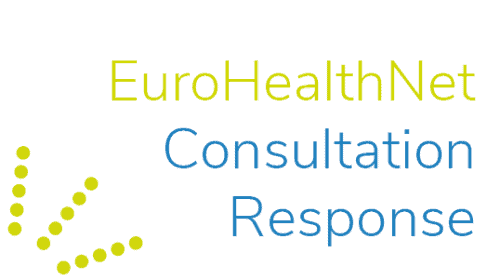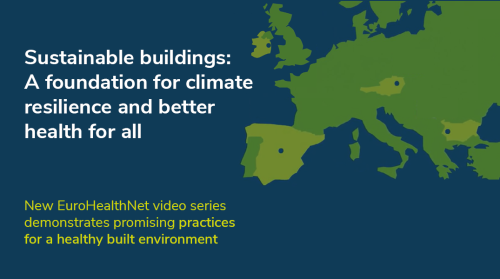EuroHealthNet responds to EU consultation on food affordability: ensuring access to healthy diets for all
EuroHealthNet responded to the European Commission’s consultation on “Food affordability in the EU”, highlighting the urgent need to make healthy diets accessible for all.
Food affordability problems are increasingly affecting households beyond the traditional lowest-income groups. Low-wage “working poor” households, single parents, large families, families with young children, and renters in high-cost cities are often forced to cut back on nutritious foods while juggling rising costs of housing, energy, and transport. Other disadvantaged groups, migrants, ethnic minorities, people with disabilities or chronic illness, young people, and pensioners, also face growing pressure. Regionally, this is particularly visible in poorer areas of Eastern and Southern Europe, remote rural regions, and deprived urban neighbourhoods, where even modest food price increases can reduce both quantity and quality of diets, with negative health and social consequences.
The response emphasises the importance of several key EU instruments:
-
Council Recommendation (EU) 2021/1004 – European Child Guarantee: calls on Member States to provide children in need with at least one healthy meal per school day.
-
EU School Fruit, Vegetables and Milk Scheme (Regulation (EU) 2016/791): supports provision of free or subsidised fruit, vegetables, and milk in schools, linking demand for healthier foods with local agricultural production.
-
EU Agri-promotion policy (Regulation (EU) 1144/2014): shapes which foods are promoted with EU funds; aligning campaigns with nutrition and sustainability goals can make healthy foods more visible, desirable, and affordable.
EuroHealthNet calls for stronger coordination across health, social, agricultural, fiscal, and education policies to make healthy, minimally processed foods the easiest and most affordable choice. Priority actions include:
-
Reducing VAT on fruits, vegetables, whole grains, and pulses, while increasing taxes on unhealthy ultra-processed foods, with revenues reinvested in prevention and social measures.
-
Providing universal, healthy, and sustainable school meals, with procurement favouring local suppliers and clear nutrition standards.
-
Aligning social and agricultural measures, linking income support, child benefits, and CAP instruments to improve access to healthy diets.











